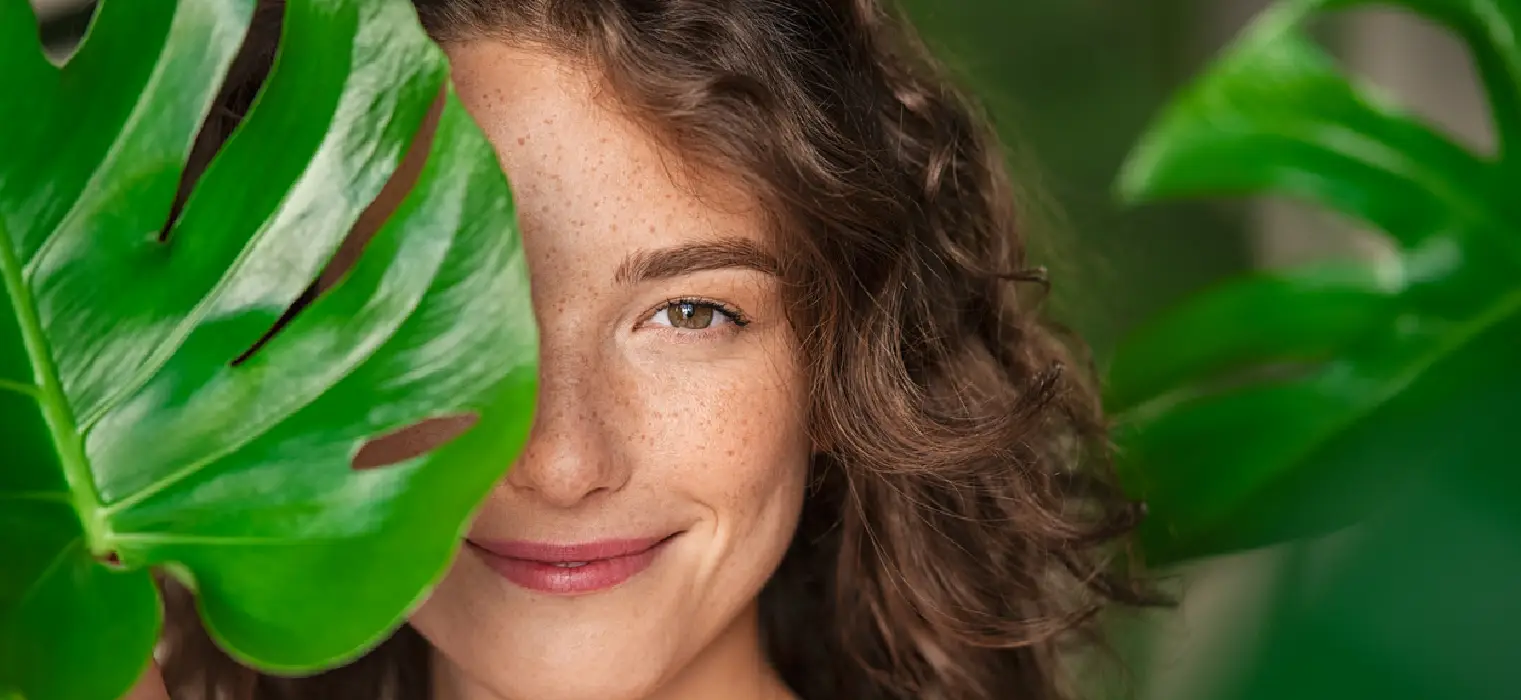Serdar Bora Bayraktaroğlu: “Beauty Begins with Healthy Skin”

We talked with aesthetic plastic surgeon Serdar Bora Bayraktaroğlu about filters, small touches and the endless search for youth and beauty.
Your book Filtresiz Bir Dünya Mümkün touches on issues that can be risky for an aesthetic plastic surgeon. You also examine the transformation of looking beautiful from being healthy into an obsession. Does your profession also bring with it an understanding of psychology?
Health and beauty are holistic concepts for me. When we approach a person holistically without separating them into physical-spiritual health or physical-spiritual beauty, we can evaluate their wishes and dreams more accurately and humanistically and produce solutions. During my meetings with my clients, I both evaluate their plastic surgery needs and -although I am not a psychologist, of course- observe their emotions and moods, examine the infrastructure of what they want, whether they have realistic expectations, and try to understand their physical awareness. As a result, as a plastic surgeon, I want to plan what the change I will create in them and how it will be perceived. At the core of every job is care and attention. When you really pay this attention to your client, you can bring together his/her needs and the blessings of plastic surgery in a more accurate plane.

Do you think that a “filter-free world possible”?
The most important message of my book is that it is possible and what are the steps leading to this path. Of course, I wanted to answer this by starting from the very beginning with what beauty is. Watching the transformation of beauty and self-image over the centuries gives us an idea in this sense.
Can there be an official definition of beauty? Do you think the perception of beauty that changes over time is relative or is it a matter of math?
I tried to explain the idea that although there is an official definition of beauty, it is more than that, it is a reality that develops through our sensible, perceptible perception. For this reason, sensible, perceptible perception changes according to time, society, geography, and beauty ceases to be a single concept with clear boundaries and becomes a broad concept on which encyclopedias can be written.

Aesthetic plastic surgery can change your look even completely. But do people generally desire a younger version of themselves or to be reborn as another human being?
This question may contain a bit of science fiction and futuristic elements, but I would like to evolve it from the idea that we can technically transform into someone else to the chance to return to our younger selves. Because our body awareness starts when we are born, and instead of destroying it by turning into someone else, I think it is the best and healthiest to reach our own natural good.
Where should we stand in this never-ending search for beauty? In your book, you also express your own idea of beauty and say, “Beauty means a good conscience, right morality and justice”. This is more of a spiritual point of view.
It may not be correct to consider the concept of beauty only as a physical concept, and I emphasized this a lot in my book. For me, the real beauty is to crown and make sense of the physical beauty we capture with our best selves spiritually.
Many applications such as fillers and botox are now used by many people under the name of “small touches”. However, your specialty is big operations such as facelift. These are still scary for many people. Of course, the bad examples we see on social media also support this. What is your opinion on this subject?
Facelift, i.e. facial rejuvenation surgeries, are among the surgeries that I am most interested in and love to perform. The most important point here is to achieve the best result in our own naturalness. My facelift philosophy develops with this perspective. The facelift operation planned with this philosophy can both rejuvenate the person for years and this new image gained adds a natural elegance to the face. I do not find it right to devalue this subject through bad examples.

In order to feel healthier and younger, what do you think are the first places and applications that we should look at and intervene without being trapped in filters?
For me, it starts with healthy skin. It includes processes such as wrinkles and volume repairs on our face, evaluation of sagging and readjustment of facial proportion. In other words, a healthy skin on our body is my starting point. For this, I think our skin should be supported with treatments such as stem cells.
What should be the limit in aesthetic applications? Is this colorful world a world where dreams come true without limits, is there no “stop” point?
This question is very important for me. I would like to say that this limit starts with the philosophy of your plastic surgeon who accompanies you throughout the aging process. A correct philosophy and a careful process can take you to great points. I think this is your most important support in the digital age, where everything is flourishing without measure. Also, to be always aware of yourself and to benefit from these applications in a self-satisfied state.




